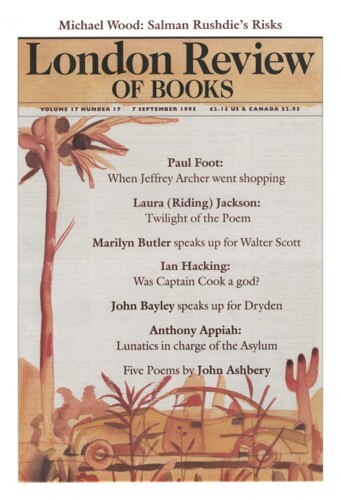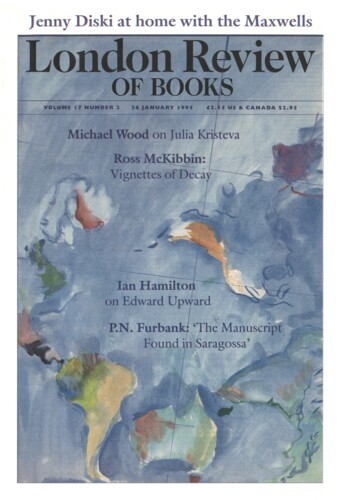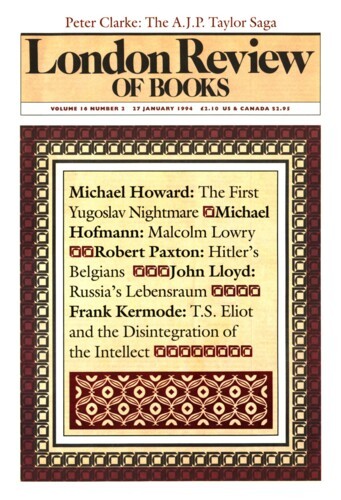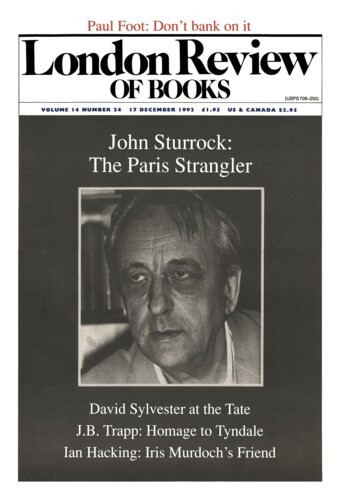Aloha, aloha
Ian Hacking, 7 September 1995
This is a splendid work of refutation and revenge, judicious but remorseless, urbane yet gritty. It is germane to the American culture wars but vastly more interesting. It is an adventure story in itself, and a stepping-stone to better ones. My only regret is that this book – you can think of it as the third of a trilogy – will be more widely read than Sahlins’s Historical Metaphors and Mythical Realities (1981) and Islands of History (1985). What ‘Natives’ Think is entirely focused on the question of whether the Hawaiians, on their first prolonged encounter with Europeans, not only regarded the white men as superior beings, but also took Captain Cook to be their god Lono, a very important one in their world, which was tilled with gods. Or, is that story a European myth in itself, subsequently foisted on Hawaiian self-memory by British and other foreign chroniclers? The latter is the thesis of Gananath Obeyesekere’s The Apotheosis of Captain Cook (1992), an angry and powerful attack on what Sahlins wrote in his first two books about Captain Cook being taken for a god. What ‘Natives’ Think is Sahlins’s response.’




